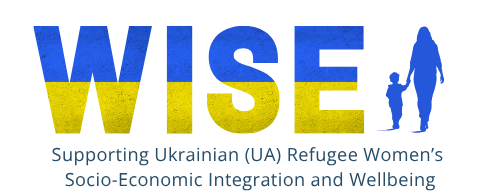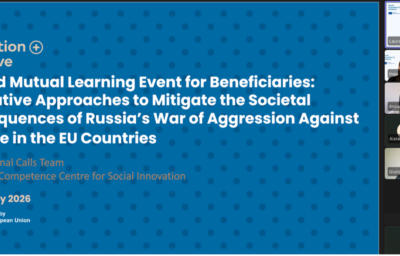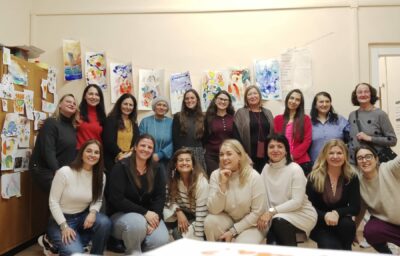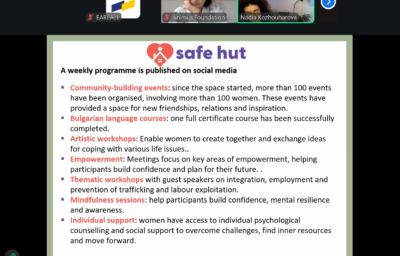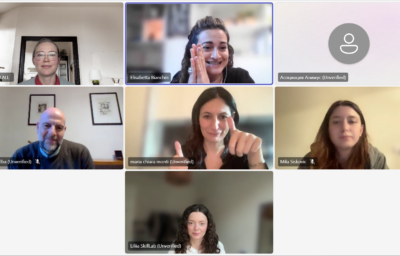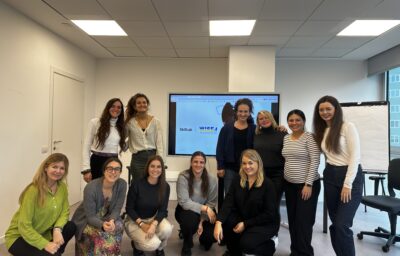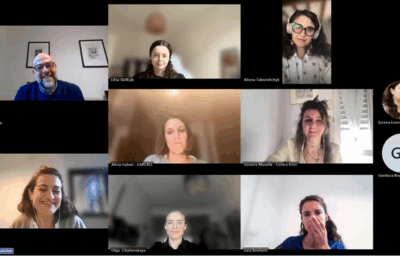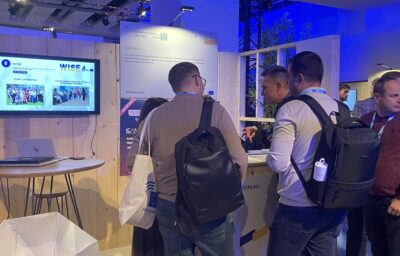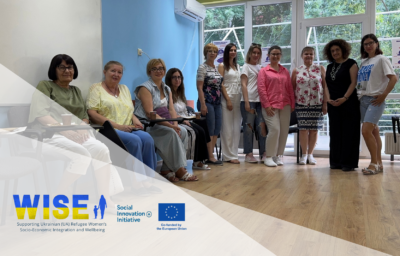WISE – Supporting Ukrainian (UA) Refugee Women’s Socio-Economic Integration and Wellbeing
WISE aims to improve the socio-economic inclusion and wellbeing of employable refugee women from UA in Italy (IT) and Bulgaria (BG), by piloting and scaling-up Holistic Support Centres (HSCs) with a trauma-informed and gender-sensitive approach that build on the Women and Girls Safe Space (WGSS) methodology and complement it with employment and social support services.
The project will enhance UA women’s employability, skills-job match, lifelong learning and access to the labour market, enable them to better navigate and access social and public services, and enhance their mental and psychosocial well-being. The project pays particular attention to women affected by the waiting dilemma, helping them overcome their concerns and seizing opportunities for professional growth that may be relevant to UA when and if they decide to go back.
Project factsheet#1
WISE_Factsheet_first_pageObjectives
The overall goal of the WISE project is to improve the socio-economic inclusion of employable refugee women from Ukraine in Italy and Bulgaria.
The project pursues four specific objectives:
-
Empowering women by providing agency, skills, and knowledge to access and progress within the host countries’ labour markets, as well as supporting potential reintegration into Ukraine’s labour market upon voluntary return
-
Facilitating better navigation and access to social and public services, including childcare, while overcoming legal and bureaucratic barriers
-
Enhancing mental health, psychosocial well-being, social connectedness, and the empowerment of women to make informed decisions about their future
-
Raising awareness among key stakeholders at local and EU levels, promoting the adoption of the Holistic Support Centre model to further socio-economic inclusion for refugee women.
Outputs
- Creation of Holistic Support Centres (HSCs) in Milan, Rome, Turin, and Sofia, offering integrated employment and psychosocial support services for Ukrainian refugee women.
- Delivery of individual support: personalised skills assessments using an AI-powered tool, individual career counselling and job readiness support, mental health and psychosocial support sessions.
- Delivery of group activities: job readiness and soft skills workshops, cultural orientation sessions to help women navigate host countries’ systems, speaking clubs to strengthen language and social integration skills, group psychosocial support activities.
- Development of the Holistic Support Centre Model Toolkit, a final resource that documents the methodology, to be shared across Europe to encourage replication.
- Awareness-raising and dissemination: outreach to at least 2,000 stakeholders across Europe, a final conference in Brussels and four local stakeholder workshops, webinars with policymakers and other stakeholders.
Discover the WISE project newsletter:
1st newsletter – December 2025


